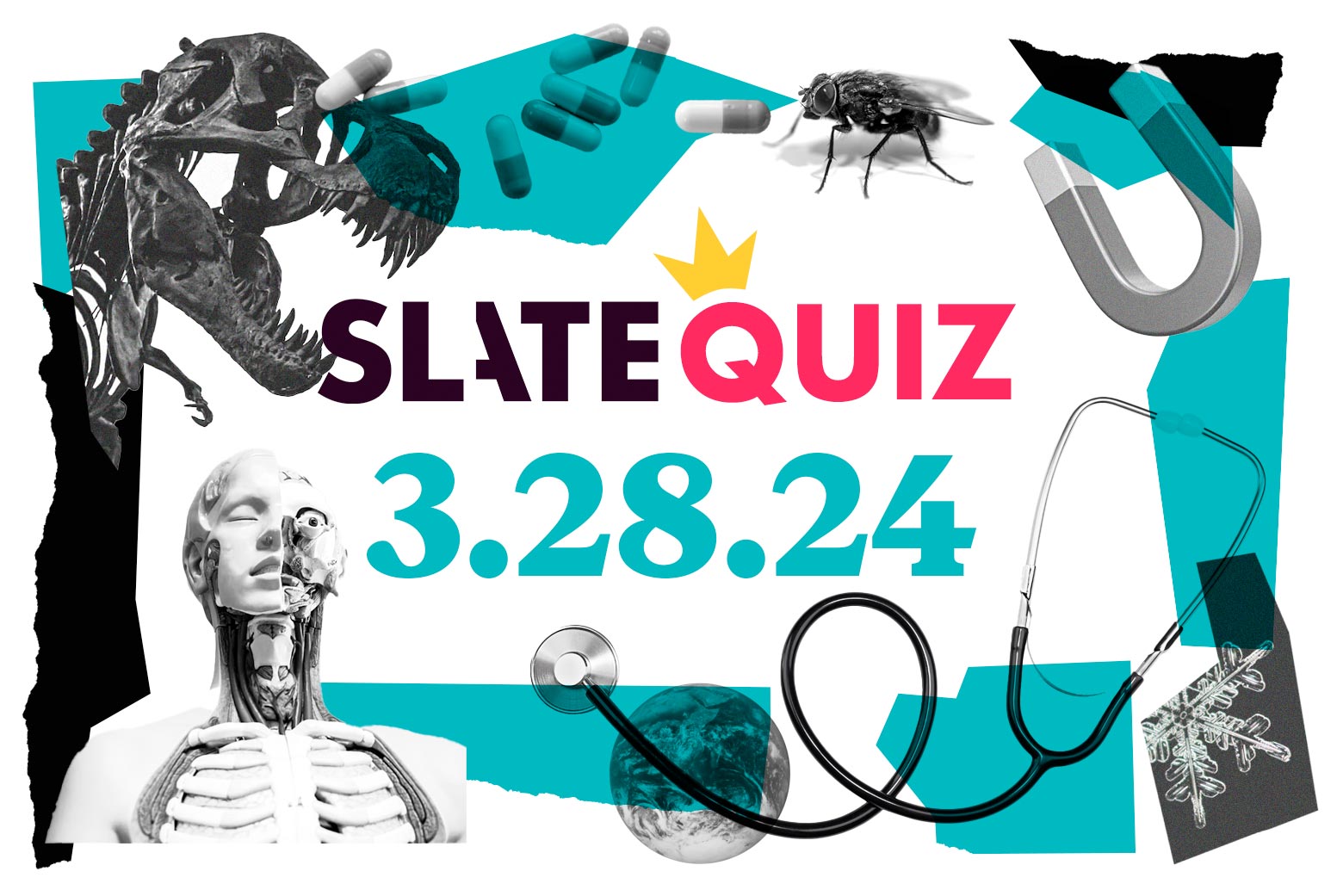Organic foods, valued at over $75 billion, have been a popular choice for many consumers. Some studies suggest that organic foods have additional health properties and can help prevent disease. However, Dr. Robert Paalberg, a professor at Harvard University, argues that the evidence supporting the idea that organic food is more nutritious is unreliable.
According to Dr. Paalberg, consuming fewer pesticides may not necessarily lead to improved health outcomes. He claims that there is no reliable evidence showing that organic foods are safer or more nutritious than conventionally grown foods. In fact, a 2012 review conducted by Stanford University analyzed 237 studies on organic food and found no significant differences in nutrients or health benefits between organic and conventional foods. The primary distinction was that organic foods had fewer pesticides.
However, it’s important to note that while organic farming does use pesticides, the type of pesticides used is different from conventional farming practices. According to the US Department of Agriculture, organic farmers primarily use natural sources like copper and sulfur, whereas conventional farming relies on synthetic pesticides. Organic farmers have restricted access to 25 synthetic pesticides, while conventional farming allows the use of over 900 different types of pesticides.
While some consumers may still choose to purchase organic food for its perceived health benefits, it’s important to understand that there is currently limited scientific evidence supporting these claims. Consumers should make informed decisions based on their individual needs and preferences when it comes to their dietary choices.



